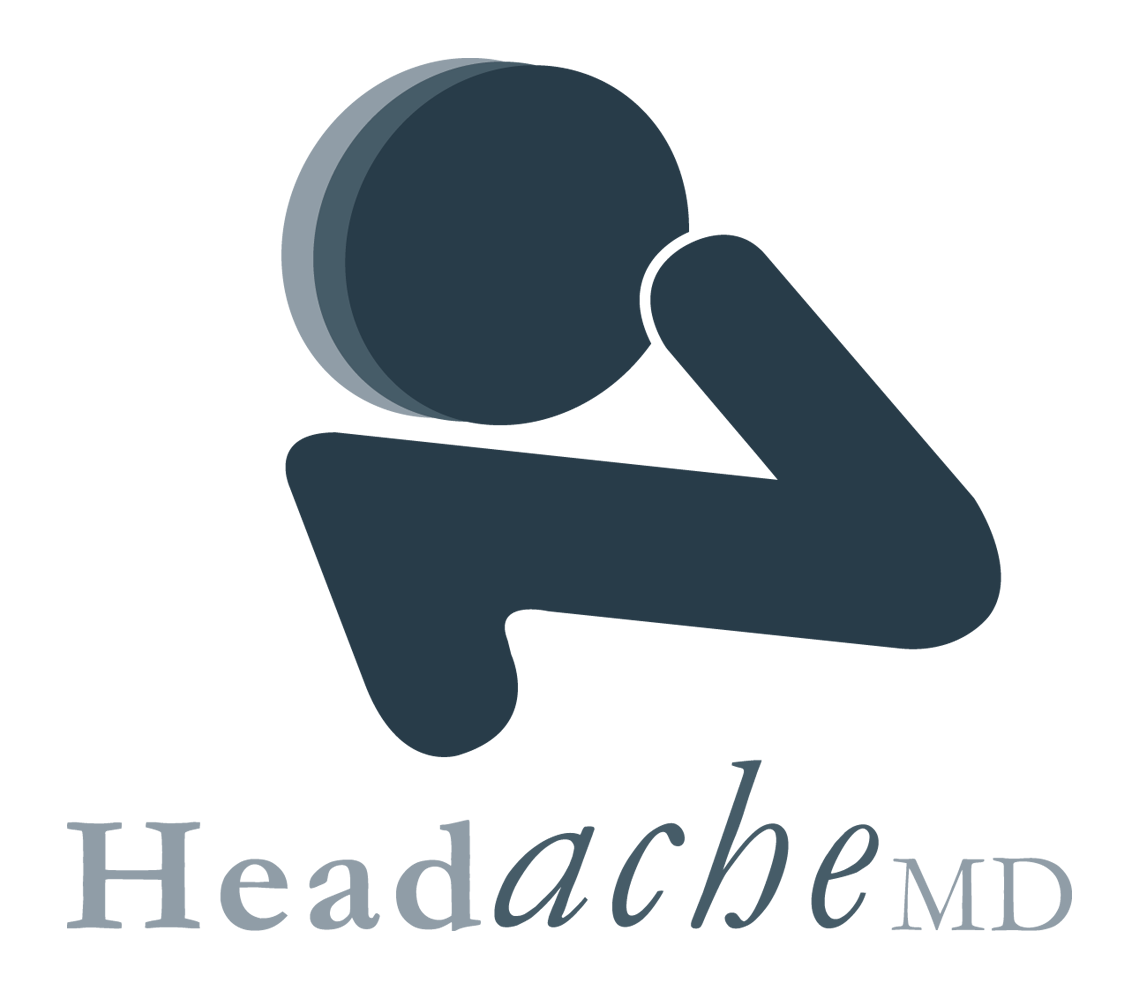One common symptom of a Traumatic Brain Injury (TBI) in adults is a recurring headache that comes and goes within a one year period. These headaches can be caused by fluid buildup in the head resulting from a head injury, changes or damage to the brain caused by the injury, or neck and skull injuries that may not have fully healed yet.
The headaches experienced by patients of a TBI can be temporary or permanent depending on the severity of the headache and other factors that may be considered as the root cause of headaches. After suffering significant trauma to the brain, patients are usually given CT scans to make sure that there is no bleeding in the brain. Other tests and scans on the brain can also be done to pinpoint the exact problem that is causing the headaches.
Types of Headaches Experienced after a Traumatic Brain Injury
The pain experienced by patients who have undergone treatment or surgery for traumatic brain injuries differ from case to case. Some patients even experience a combination of two or more types of headaches after suffering from a head injury. There are many types of headaches that patients with TBI can experience, but the most common types are:
- Migraine Headaches – After a head injury, certain parts of the brain can become hypersensitive, making it easier to trigger migraine headaches in people who already have a history of migraines. People who have not experienced a migraine headache before their head injury may find themselves experiencing this chronic and severe type of headache more and more after the injury. Most of those who begin getting migraines after a head injury already have a family history of migraines. This makes them pre-disposed to this condition and it doesn’t come as a surprise that they suffer from this type of headache after a head injury.
- Cervicogenic Headaches – This type of headache is common with people who have had a TBI or may have suffered injuries in their necks as well. They usually occur when muscles around the neck and shoulders contract. The headache begins at the base of the skull and creeps up to cover the entire back of the head. As the injury heals, the muscle tension is relieved and this reduces the occurrence of tension headaches after a TBI.
- Rebound Headaches – Patients who have experienced a TBI are given many types of medication to manage the pain and other symptoms they present with after being injured. If the patient is not careful, he or she may end up overmedicating and this can lead to rebound headaches.
Traumatic Brain Injuries should not be ignored no matter how small the injury seems. The headaches experienced by patients who have had a head injury may be an indication that there is something terribly wrong happening inside the patient’s skull. To avoid developing complications, it’s always better to seek the opinion of a doctor to check and see what the root cause of the headache is for proper treatment.
